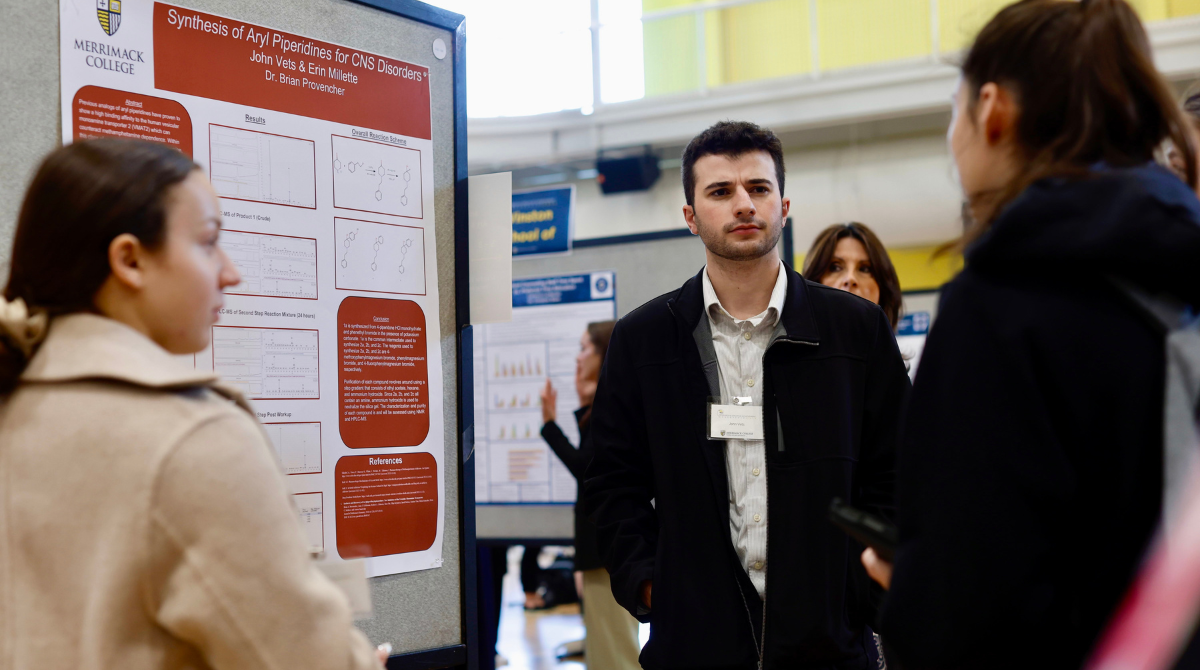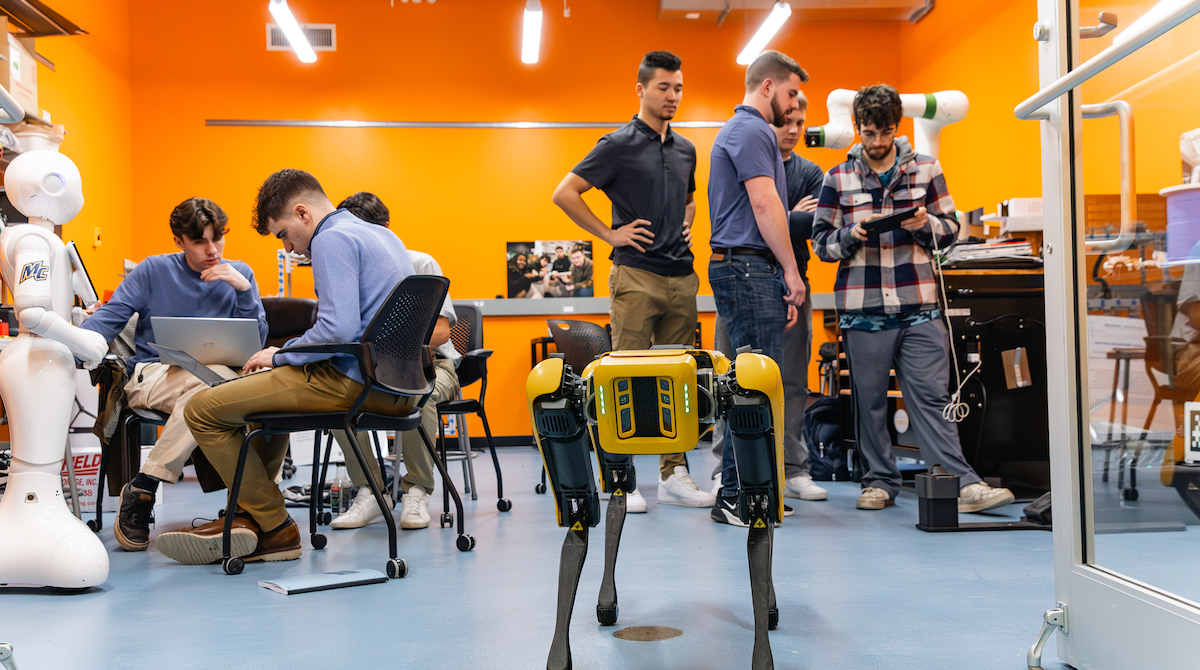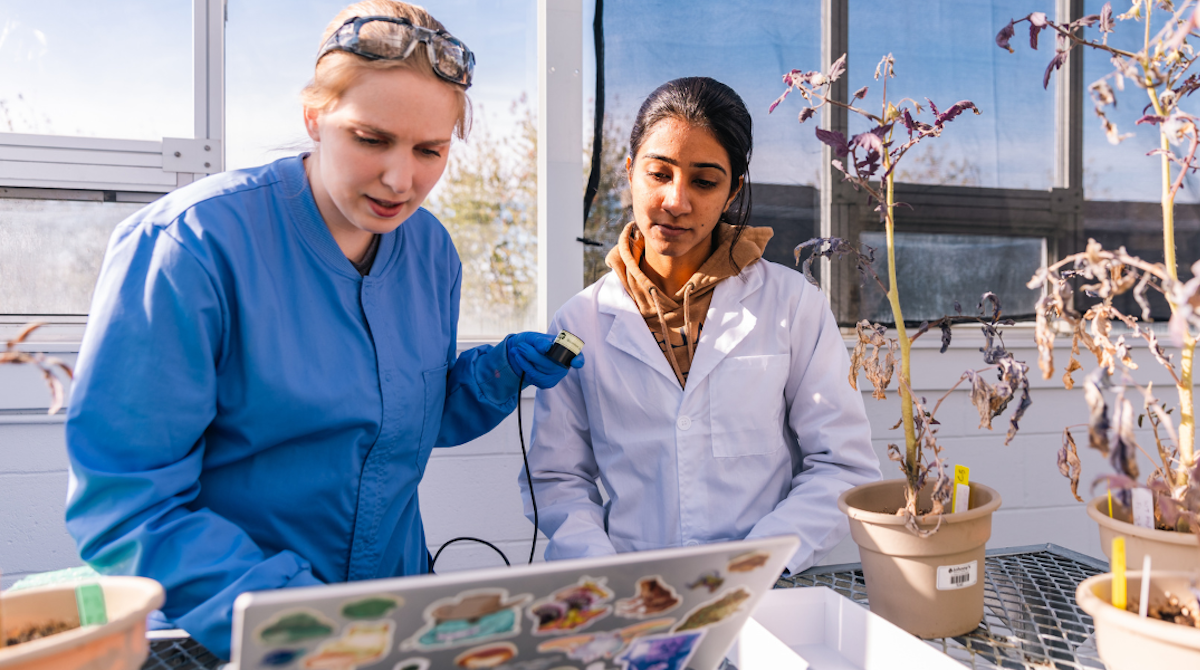Over the past two decades, Assistant Professor Melissa St. Hilaire has examined the effects that disrupting circadian rhythm has on cognitive capabilities, such as reaction, memory and attention.
In one study, she is examining the interaction between menstrual cycles and sleep-wake patterns on neurocognitive function, and in another, she focuses on using predictive analytic and machine learning approaches to assess circadian rhythms in large-scale biomarker data.
The opportunity to teach more brought her to Merrimack College in the fall of 2022 to join the School of Engineering and Computational Sciences faculty as an assistant professor of data science, but she continues her work with Brigham and Women’s in part because of the facilities there.
“There are only a handful of facilities in existence like the one at Brigham and Women’s, where you can do the types of sleep and circadian rhythm studies that are at the core of my research,” St. Hilaire noted. “And part of the uniqueness is the facility is time free. There are no windows or clocks, so participants don’t know what day or time of day it is.”
This allows St. Hilaire and her colleagues the ability to influence and control aspects of the environment and delve deeper into the impacts that circadian rhythms have on health and neurocognitive function. Her time at Merrimack has not only given her new avenues of teaching, but also opened new opportunities for research work.
She recently collaborated with colleagues from the psychology, criminology and exercise and rehabilitation sciences departments to submit new grants to the National Institutes of Health and the National Institutes of Justice. She will also soon start a clinical trial as part of Merrimack College’s Strategic Academic Research Trajectory Package (START) program, investigating relationships between sleep and fertility.
“There have been great internal collaborations and there are new areas of research I wouldn’t be pursuing if I wasn’t at Merrimack,” St. Hilaire said.





